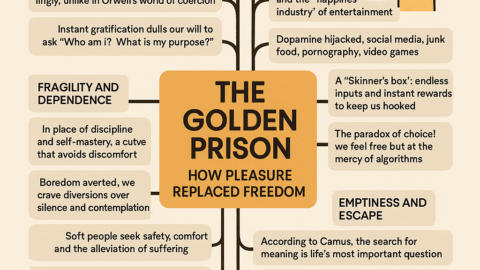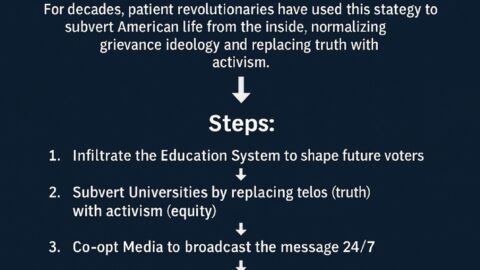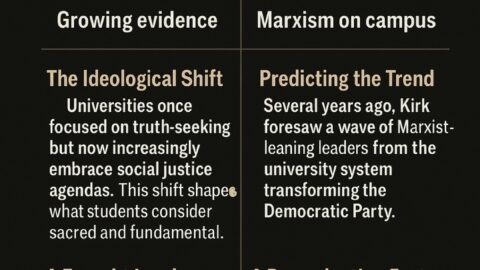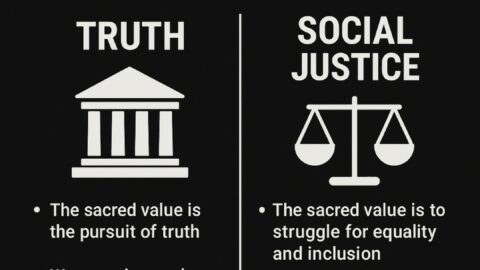Leo Tolstoy’s quote, “Everyone thinks of changing the world, but no one thinks of changing himself,” is a profound observation on human nature and the transformative power of personal accountability. It emphasizes that real, lasting change begins within ourselves and that outward transformation is often a reflection of our inner growth. Here’s a detailed analysis of its application across different areas of life—physically, emotionally, mentally, and spiritually—in various roles:
As a Parent
- Physical: Parents often focus on improving their children’s habits, such as diet, sleep, or exercise. However, modeling a healthy lifestyle—eating well, staying active, and prioritizing rest—creates a more effective and lasting example.
- Emotional: Instead of expecting children to manage their emotions perfectly, parents can work on regulating their own anger, impatience, or stress to create a calm and supportive environment.
- Mental: Learning and growing as a parent by seeking knowledge about child development or effective communication can improve relationships within the family.
- Spiritual: A parent who nurtures their faith or moral values demonstrates integrity and inspires their children to pursue their own spiritual growth.
As a Spouse or Partner
- Physical: Instead of wishing for a partner to change their habits, one might improve their own physical health, energy, and appearance to enhance the relationship.
- Emotional: Cultivating self-awareness and communication skills allows you to address conflicts constructively rather than blaming your partner.
- Mental: Taking the time to understand your partner’s perspective, interests, and needs fosters deeper connection and understanding.
- Spiritual: Strengthening your personal faith or ethical commitments can bring greater harmony to a relationship, encouraging mutual respect and shared growth.
As a Child
- Physical: Supporting aging parents by taking care of your own physical health prevents burdening them with avoidable issues.
- Emotional: Instead of resenting parental flaws, practice forgiveness and focus on gratitude for their sacrifices.
- Mental: Reflect on lessons your parents taught you and evaluate how they shaped your perspective, choosing which traditions to continue or adapt.
- Spiritual: A child’s spiritual growth can bring families closer by fostering shared values, prayer, or communal worship.
As a Citizen
- Physical: Contributing to community health can start with personal action, such as reducing waste, conserving resources, or volunteering for clean-up initiatives.
- Emotional: Cultivate empathy to bridge divides and reduce polarization in your community. Engage in conversations that prioritize understanding over judgment.
- Mental: Educate yourself on societal issues before advocating for change, ensuring that your opinions are informed and constructive.
- Spiritual: Lead by example, embodying values like justice, compassion, and humility, which can inspire others to do the same.
As a Worker or Leader
- Physical: Strive for work-life balance and healthy habits to set a positive example for colleagues.
- Emotional: Foster a positive attitude and resilience, which can influence team morale and productivity.
- Mental: Continuously improve your skills and knowledge to contribute meaningfully to your workplace.
- Spiritual: Act with integrity and align your actions with ethical principles to earn trust and respect.
As a Church Member
- Physical: Serve others through active participation in church or community service initiatives, demonstrating faith through action.
- Emotional: Develop patience and humility, particularly in navigating differences within the faith community.
- Mental: Deepen your understanding of scripture and doctrine to better live and share your faith.
- Spiritual: Focus on your personal relationship with God, seeking transformation through prayer, meditation, or worship.
In the Community
- Physical: Lead initiatives to improve local conditions, such as fitness programs or sustainable practices, starting with your own example.
- Emotional: Be a source of kindness and support, addressing local challenges with compassion and understanding.
- Mental: Advocate for solutions to local problems by educating yourself on the root causes and engaging in constructive dialogue.
- Spiritual: Inspire community unity by embodying values like generosity, gratitude, and service.
Overarching Themes
Self-Reflection: Changing the world starts with introspection. Identify areas where your habits, attitudes, or beliefs may inadvertently contribute to the problems you want to solve.
Leading by Example: Personal growth often motivates and inspires others to follow suit, creating a ripple effect of positive change.
Accountability: Recognize that you can only control your actions, not those of others. This empowers you to focus on meaningful, achievable goals.
Balance: Personal growth across physical, emotional, mental, and spiritual dimensions leads to a more holistic, impactful transformation.
Tolstoy’s quote underscores that meaningful change is an inside-out process. Whether in the family, workplace, or society, the pursuit of self-improvement—physically, emotionally, mentally, and spiritually—creates a foundation for broader transformation. By becoming the change we wish to see, we inspire and empower others to do the same.







